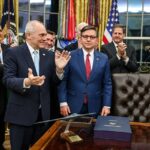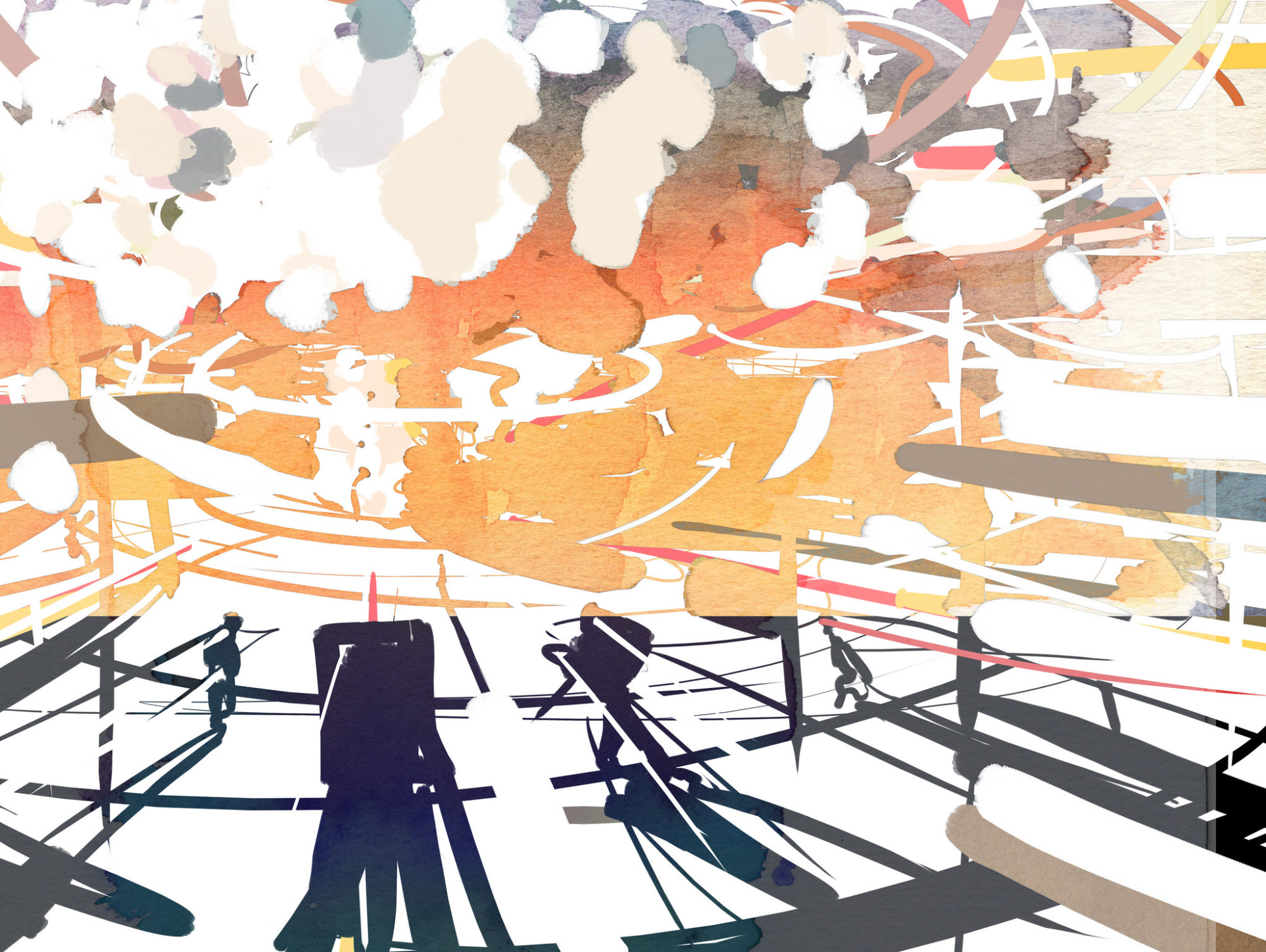The biennial Carnegie Nuclear Policy Conference — affectionately known as “Nukefest” — is a unique occasion for the nuclear community.
This year’s conference — which gathered hundreds of high-profile government officials, journalists, policy wonks, academics, and emerging voices in one place –– sought to address all the usual questions:
– Is traditional arms control dead? (Probably.)
– Will the New START Treaty be extended? (Probably not.)
– Can anyone “win” a nuclear war? (Are you nuts?!)
But in truth, none of these questions addressed the single most important issue within the nuclear field —
the health and sustainability of the field itself.
If you had your ear to the ground during the conference, you’d likely be aware that young people are becoming increasingly unhappy in the nuclear policy community. Many are having trouble finding fulfillment in their work, and quite a few are looking to leave the field altogether.
This undercurrent of frustration is exacerbated by several factors, none of which should surprise anyone: nuclear policy organizations are typically too white, too male-dominated, too elitist, and too reliant on stale thinking; class and socioeconomic distinctions are rarely acknowledged (Nukefest costs approximately $400 to attend, ‘nuff said); work-life balance is basically non-existent; and creative, emerging voices are often ignored due to a “lack of experience.”
We don’t need another panel on nuclear parity, but we certainly need one on gender parity. Strategic stability? Why not swap it out for a panel on work-life stability?
These issues are systemic, but not intractable. They can be corrected, but only if there is an actual willingness to do so on the part of community leaders. And what could possibly be a better opportunity to tackle these issues than at the meeting of the nuclear Illuminati?
The 2019 conference was a good start. For the first time ever, the panels hit gender parity (31 out of 61 total speakers were women), and the conference included several early morning workshops on diversity, mentorship, gender mainstreaming, and youth engagement. These are fantastic achievements, and the conference organizers should be commended. However, in my conversations with younger and mid-career attendees, there was near-unanimous agreement that these types of panels should, in fact, constitute the main thrust of the conference.
In truth, the field doesn’t need yet another headline panel on arms control — we have dozens of these every year. However, we desperately need a panel like “Controlling Your Arms: Tackling Sexual Harassment in the Workplace.” We don’t need another panel on nuclear parity, but we certainly need one on gender parity. Strategic stability? Why not swap it out for a panel on work-life stability? Additional panels could tackle all-important issues like organizational culture, accessibility, managing up and down, and mental health. Crucially, these conversations shouldn’t be scheduled on the Sunday before the conference, or at 7:45 in the morning, but at accessible and convenient times (in a twist of frustrating irony, some conference attendees actually had to miss the early morning panel on gender mainstreaming in order to take their kids to daycare).
Hosting self-reflective panels like these would also encourage greater diversity in the panelists themselves. At Nukefest, the youngest speaker is typically in their mid-30s. But a panel on building an inclusive organizational culture, for example, could feature a top boss, a mid-career project director, a research assistant, and an intern. All of these individuals have unique perspectives to share on how to improve the community and their working environment, and panel participation wouldn’t require you to be an “expert” (a term that is nebulous at best, and elitist at worst).
To conclude, I’ll offer a wonky analogy for Nukefest’s wonky audience: we should treat this biennial gathering like the Nonproliferation Treaty Review Conference, which takes place every five years. At each RevCon, delegations from across the globe come together to reflect upon the health of the global non-proliferation architecture. Nukefest offers us an opportunity to do the same thing: to take stock of the overall health of the nuclear community, diagnose systemic issues, and collectively explore solutions.
Yes, these are tough conversations about uncomfortable topics. But damn it, we talk about nuclear weapons for a living — if anyone should be able to handle tough conversations, it’s us. So if we want to keep the nuclear field sustainable, our focus shouldn’t just be on the weapons themselves, but on the community as a whole.
Matt Korda is a Research Associate for the Nuclear Information Project at the Federation of American Scientists.














